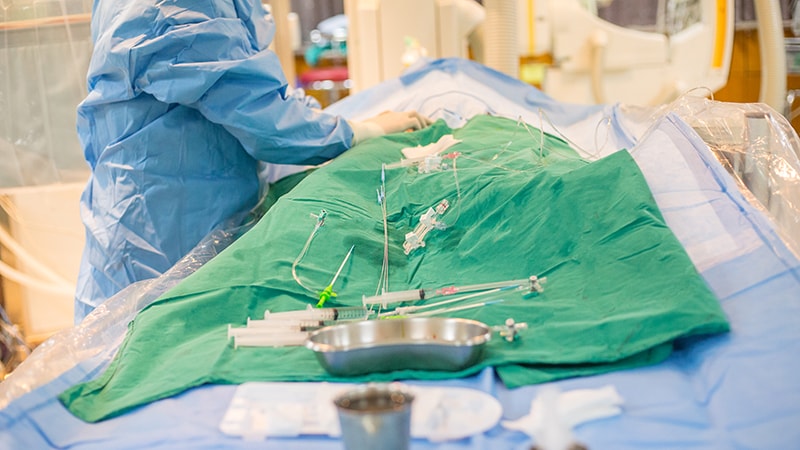No Benefit of Levothyroxine in Heart Donors Revealed by New Research
Core Concepts
Levothyroxine does not benefit heart donors.
Abstract
New research indicates that the common practice of using levothyroxine to preserve potential donor heart function does not provide any benefits and may even cause harm. The multicenter trial found no improvement in heart transplantation or graft survival with intravenous levothyroxine administration in hemodynamically unstable brain-dead donors. The study, published in The New England Journal of Medicine, challenges the widespread use of thyroid hormone replacement therapy in organ donors, highlighting the need for evidence-based practices in donor care.
Key Highlights:
Levothyroxine administration in brain-dead donors did not enhance heart transplantation rates or graft survival.
The study contradicts the common practice of using thyroid hormone in organ donors without rigorous scientific evaluation.
Nearly half of organ-procurement organizations in the US routinely administer thyroid hormone during donor care.
The trial involved 838 brain-dead donors at 15 OPOs in the US, with no significant differences in heart transplantation or graft survival between the levothyroxine and saline groups.
Hormonal resuscitation with levothyroxine did not show physiological benefits on donor cardiovascular function.
The study challenges existing donor-care guidelines that recommend hormonal resuscitation to stabilize hemodynamics and increase organ transplants.
No Benefit of Levothyroxine in Heart Donors
Stats
"Transplantation of the donor heart occurred in 230 donors (54.9%) in the levothyroxine group and in 223 donors (53.2%) in the saline group."
"There was no substantial between-group difference in 30-day graft survival, occurring in 224 hearts (97.4%) transplanted from donors given levothyroxine and 213 hearts (95.5%) transplanted from donors given saline."
Quotes
"This practice has been adopted by multiple organ-procurement organizations (OPOs) and is used on thousands of organ donors each year, without ever having been rigorously studied. It turns out that it doesn't have any benefit and may cause some harm." - Raj Dhar, MD
"We found good evidence that this intervention we've been using for 40 years doesn't work." - Raj Dhar, MD
Key Insights Distilled From
by Megan Brooks at www.medscape.com 12-04-2023
https://www.medscape.com/viewarticle/999040
Deeper Inquiries
What are the potential implications of this study on current organ donation practices
The potential implications of this study on current organ donation practices are significant. The findings suggest that the common practice of using levothyroxine to preserve potential donor hearts may not provide any benefit and could even cause harm. This could lead to a reevaluation of the protocols followed by organ-procurement organizations (OPOs) regarding the administration of thyroid hormone during donor care. Organ donation practices may need to be revised to align with the evidence presented in this study, potentially leading to a reduction in the use of levothyroxine in hemodynamically unstable brain-dead donors.
How might the findings of this research impact the guidelines for donor care in the future
The findings of this research could have a substantial impact on the guidelines for donor care in the future. As nearly half of OPOs in the United States routinely administer thyroid hormone during donor care, the results of this study challenge the efficacy of this practice. Future guidelines may need to be updated to reflect the lack of benefit observed with levothyroxine administration in potential heart donors. This could lead to a shift in clinical practices, with a decreased emphasis on hormonal resuscitation using levothyroxine and a greater focus on evidence-based interventions to improve the quality and quantity of organs for transplantation.
How can the medical community ensure that organ donors receive the most benefit possible from organ donation procedures
To ensure that organ donors receive the most benefit possible from organ donation procedures, the medical community must prioritize evidence-based practices. This study highlights the importance of rigorously studying interventions that have been widely adopted in clinical settings without robust evidence of their efficacy. Moving forward, researchers and healthcare providers should continue to conduct randomized controlled trials to evaluate the effectiveness of interventions aimed at improving donor care. By basing clinical practices on solid scientific evidence, the medical community can optimize outcomes for organ donors and recipients, ensuring that the generous act of organ donation leads to the best possible outcomes for all involved.
0
